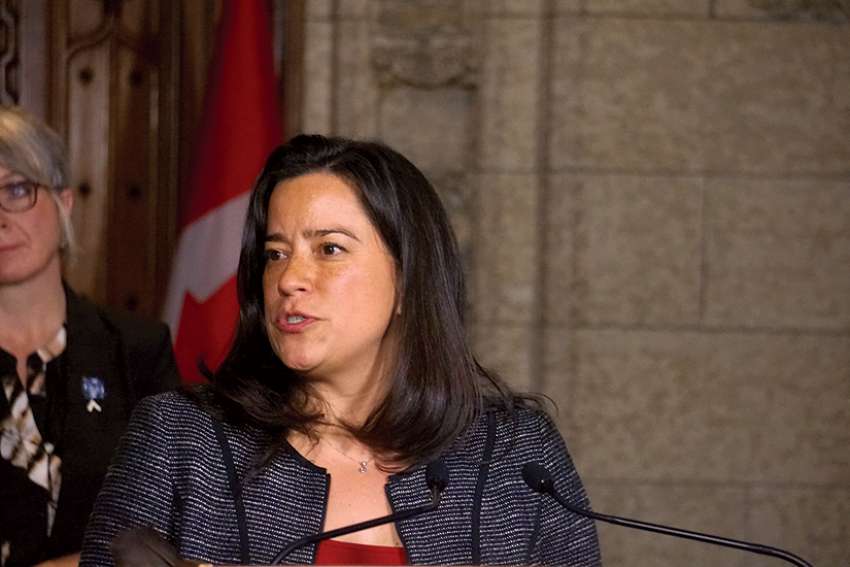The former Justice Minister was the first Indigenous Canadian to hold such a high political rank. Trudeau dismissed her from the caucus after weeks of conflict regarding her contention she experienced inappropriate pressure regarding the SNC-Lavalin case. He also kicked out Treasury Board President Jane Philpott, who defended Wilson-Raybould.
“The process of reconciliation is much more than what the government is doing,” said Ken Coates, an expert on Indigenous rights at the University of Saskatchewan.
Because government created most of the problems, it gives rise to the mythology that government is going to solve them, he said. The big story is “how well (reconciliation) is working outside of government,” Coates said.
“The churches have made some really major moves and adaptations of policy, and have reached out to Indigenous communities in ways people thought impossible even two or three years ago,” Coates said.
Another “major force” for reconciliation is in the business world.”
“Reconciliation really means that people are getting together on the ground, in the workplaces and doing business together,” he said. It comes back to the population as a whole, and an overall agenda.”
“It’s one door slammed and another opened,” said Deacon Rennie Nahanee, a member of the Squamish First Nation who serves on the Our Lady of Guadalupe Circle as a member of the Canadian Catholic Indigenous Council.
“I hope (Wilson-Raybould) stays in politics, no matter which party and that she continues her good work, because the best ethics and politics go together. She would be the one to do that.”
Nahanee said he expects the Canadian Conference of Catholic Bishops, the founder of the Circle, to release a letter to Indigenous People in the fall regarding the Truth and Reconciliation Commission’s Calls to Action.
“The Church is finding ways to make amends and work together with Indigenous peoples in a new relationship, one of equality, not like in the past where the Church pretty much ran the show,” said Nahanee.
“I would like to see the Church actually come up with a strategy and a plan on how to implement these calls to action, which then hopefully will lead to reconciliation all across Canada.
“The big hope is that Pope Francis or his successor, after reconciliation has taken place, will come to Canada,” said Nahanee. “I think he needs a sign that reconciliation has taken place. Otherwise what’s the point incoming here?”
“It’s the political side of our society that’s at odds,” said Harry Lafond, a former member of the Canadian Catholic Aboriginal Council and a member of the Muskeg Lake First Nation in Saskatchewan. “When we think about reconciliation we have to pay attention to what the people are doing. That’s where the solution lies, that’s where the movement lives.
“I don’t think we’re far removed from our agenda to try to make the TRC come alive in the communities,” he said. “And I think the institutions like the Church can keep that awareness happening among their congregations.
“It would be very off track for us to depend on a political institution to lead this,” Lafond said. “They can respond to it, support it and can sound as if they’re leading it, but in reality it’s the people in the communities, in the groups, in the congregations that take control of the process.”
Support The Catholic Register
Unlike many other news websites, The Catholic Register has never charged readers for access to the news and information on our site. We want to keep our award-winning journalism as widely available as possible. But we need your help.
For more than 125 years, The Register has been a trusted source of faith based journalism. By making even a small donation you help ensure our future as an important voice in the Catholic Church. If you support the mission of Catholic journalism, please donate today. Thank you.


